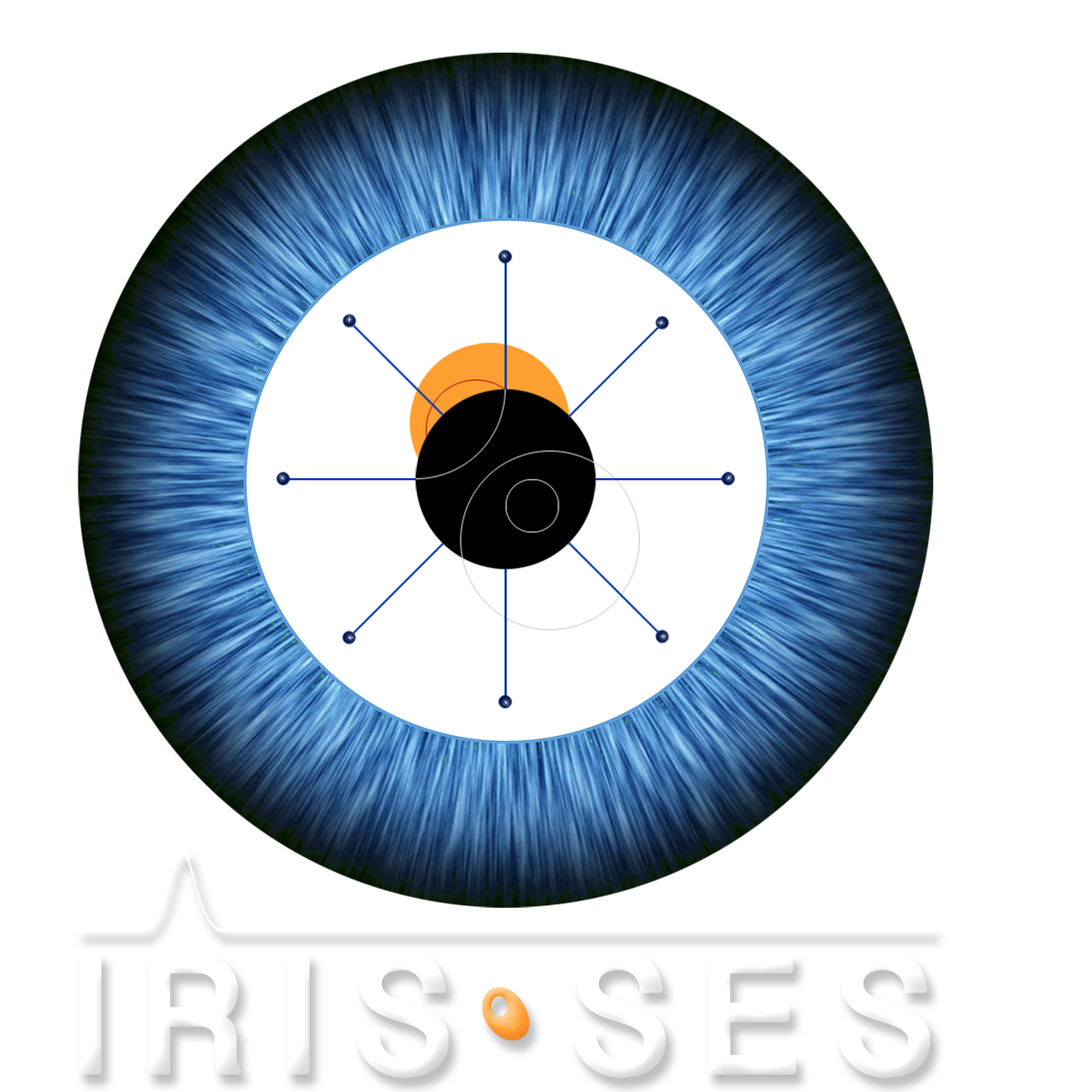This tutorial course will help users to learn how to use the Data Refinement Workflowto retrieve and clean data from GBIF.
This tutorial and the workflow it describes has been prepared by the FP7 funded BioVeL project (grant no. 283359).
This tutorial course will help users to learn how to use the Data Refinement Workflowto retrieve and clean data from GBIF.
This tutorial and the workflow it describes has been prepared by the FP7 funded BioVeL project (grant no. 283359).
Course to learn the basics of biodiversity.
This course will introduce you to the Ecological Niche Modelling family of workflows developed by the Biodiversity Virtual e-Laboratory (BioVeL) project. It will teach you:
BioVeL is funded by the European Commission 7th Framework Programme (FP7) as part of its e-Infrastructures activity (Grant no. 283359). It's website may be found at www.biovel.eu.
<BioVeL, FP7 and e-Inf logos at appropriate size>
Large coastal populations have an impact on ocean animals such as sea turtles and manatees. Many people and groups are working to protect these ocean animals.
This tutorial is a practial guide for Species Distribution Modelling (SDM). The tutorial will use the "dismo" package of "R" and will show the guidelines on how to model species distribution starting from occorency data (got from internet, or users ones) and a set of bioclimatic variables.
After a brief introduction of SDM, with some examples of biological application, this tutorial will show a guide (split in 5 main sections or modules) that leads the user step by step how to obtain a distribution map. Afterwards there will be some suggestions on how to deal with common issues and statistical errors that may affect the analysis and to evaluate properly the output.
 Integrated Regional monitoring Implementation Strategy in the South European Seas (IRIS -SES) is a pilot project on New Knowledge for an integrated management of human activities in the sea (PP/ENV D2/SEA 2012). It aims to support management of human activities and their effects in EU waters by providing tools for integrated MSFD and other environmental legislation in selected regions and based on existing sampling across various disciplines.
Integrated Regional monitoring Implementation Strategy in the South European Seas (IRIS -SES) is a pilot project on New Knowledge for an integrated management of human activities in the sea (PP/ENV D2/SEA 2012). It aims to support management of human activities and their effects in EU waters by providing tools for integrated MSFD and other environmental legislation in selected regions and based on existing sampling across various disciplines.
Within the IRIS-SES context, training on all new issues posed by the innovative approach of MSFD and involving the methodological and practical aspects listed above is essential for the scientific stakeholder community as well as for the whole community of technicians and researchers actively involved in the MSFD monitoring programs at the different national or regional levels. This part of IRIS-SES is implemented through the use of LifeWatch platform (run by USalento) and aimed to both expert and not-expert international audience.
The seven TED-like short talks were covering topic as: Biodiversity, Alien Species, Food webs, Eutrophication, Sea bed integrity, Contaminants and Marine Litter. They are dealing respectively on morpho-functional diversity, as body size diversity, in marine ecosystems, plankton biodiversity and food web dynamics, alien species treats to marine Mediterranean ecosystems, nutrient dynamics, phytoplankton dynamics and harmful algal blooms in the Black Sea, bioturbation and sea bed integrity, problems raising from new nano-particle contaminants, critical pressures from POPs concentration in marine ecosystems and organism responses and contaminant bio-magnification.